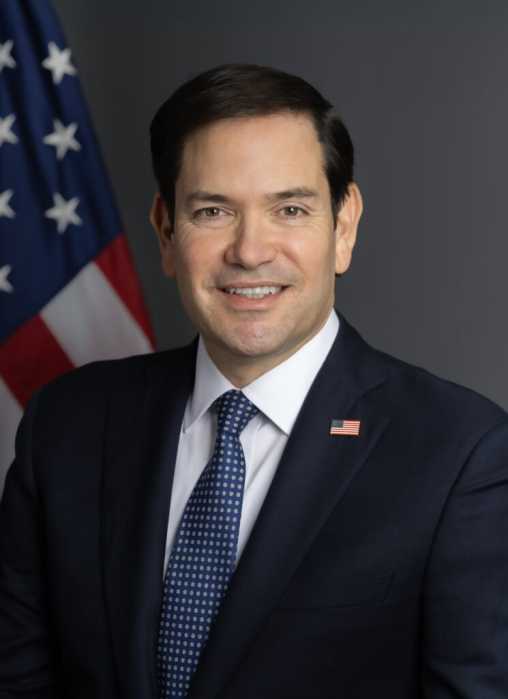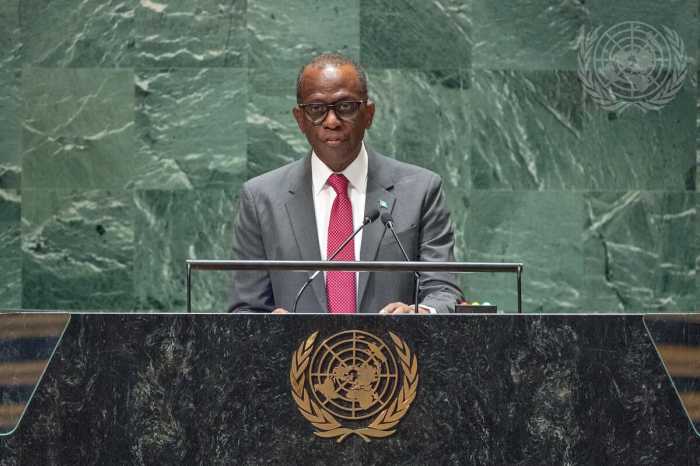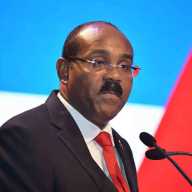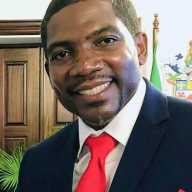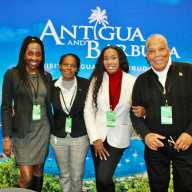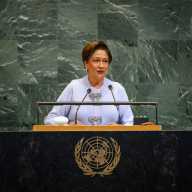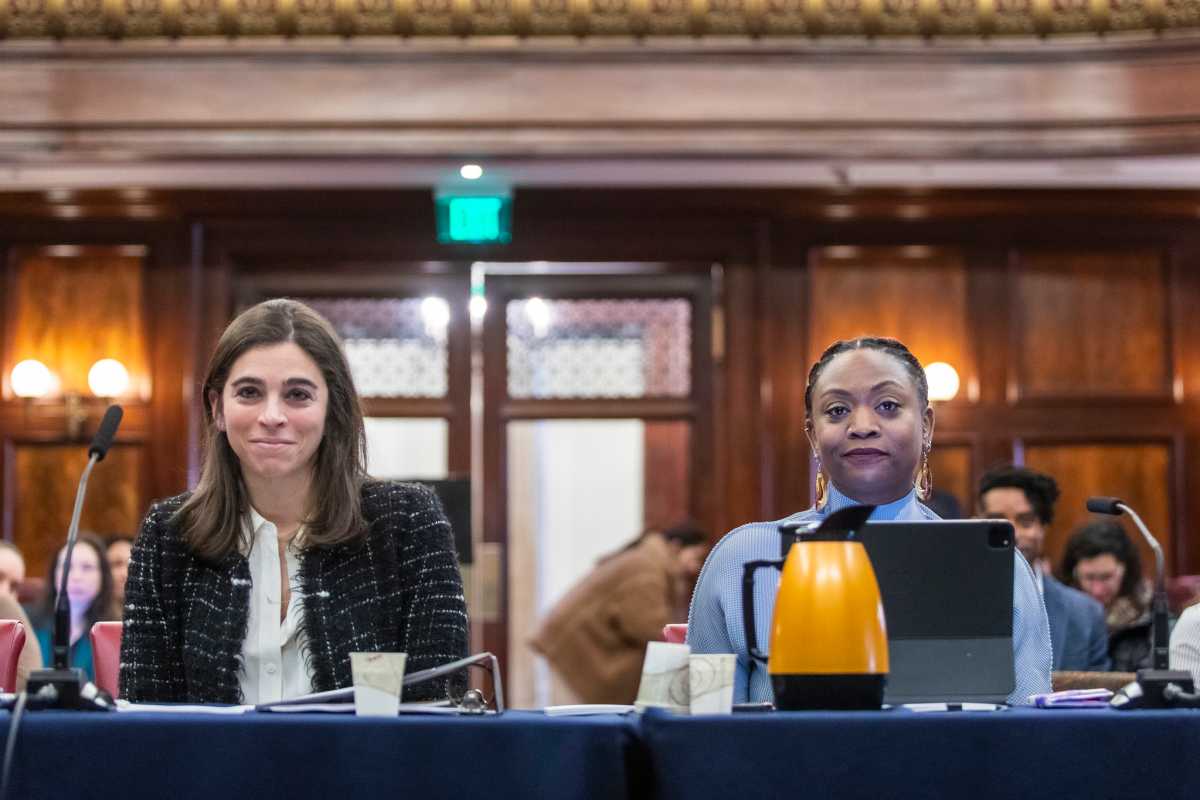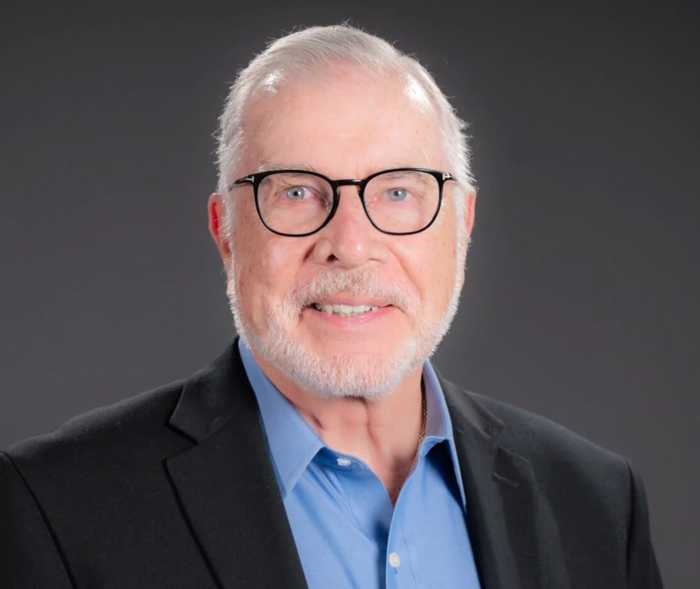On a bright sunny day on July 27, 1990, more than 100 members of a radical Trinidadian Muslim sect tried to topple the then government by force of arms, storming and occupying parliament and other state buildings, shooting Prime Minister Ray Robinson in the leg and committing other grave acts against the state.
The attempted coup by the Jamaat al Muslimeen led by Yasin Abu Bakr, was regarded back then as the most serious attempt to depose an elected government in CARICOM through extra-parliamentary means since disgruntled soldiers had staged a successful coup against the Surinamese government in February of 1980, repeating the process a decade later.
Stores and other entities in parts of commercial Port of Spain were burned and looted, sect members occupied TTT, the state television station, threatening to kill staff as colleagues did the same to parliamentarians when they stormed the assembly while it was in session. More than 20 people were killed during the period.
The mayhem lasted a full six days while heavily armed men held lawmakers and staff hostage in parliament. Security forces, reluctant to confront the attackers for fear of further harming high officials and worsening the situation, held their peace as ordered. The nightmare, thrust upon the nation of 1.3 million, ended when the insurgents surrendered. Treason charges followed, but they all walked free on a technicality that many believed had amounted to a negotiated settlement to end an unbelievable situation.
This Sunday, July 27, the federation with Tobago will observe the 35th anniversary of the attempted coup. Survivors say they are not holding their breath that whatever is organized by the state will be a fitting and respectful tribute to what took place three and a half decades ago.
To drum up awareness of 1990, former hostage and social activist Wendell Eversley hopes that government, lawmakers, and others will turn up and lay a wreath at commemorative sites. He is also demanding some form of compensation for traumatized survivors and relatives of those who died tragically and while on duty in 1990.
“I call on them to treat with the concerned, with the suffering hostage that is alive today, and the families of those who were murdered. I cry shame on the authorities, where 1990 is concerned. I was used as a human shield. Lorraine Caballero, a parliamentary clerk, was shot in the stomach and dragged in front of me. I watched her bleed to death. I thought I was going to die,” he told reporters at a street-side press conference this week. “This was an attack on parliament. The speaker’s chamber is still scarred by bullets. A clerk was killed while doing her job. Why is there no national remembrance?” he asked. “Today, gangs are in control of entire communities. Judges and police officers are under threat. Corruption is rampant. And no one wants to say how it all started, on July 27, 1990,” he suggested.
He drew parallels with the way 911 victims are honored in the US, noting that “this country (USA) remembers 9/11 in America. I went to Manhattan last year and saw how they honor every life lost. But here in Trinidad and Tobago, 24 of our own died, and we say nothing,” Eversley stated.
He wasted little time in linking the events of 1990 to runaway crime in the country, with authorities forced to impose two states of emergency to curb violent crime in the past seven months. “What we are witnessing in our country is because of 1990. This is because we didn’t treat and get rid of the cancer, because when those people were set free, it was like a carnival at the royal jail on Frederick Street. Today, we’re hearing about extortion, kidnapping, and businesses having to close early. I call on them to treat with the concerned, with the suffering hostage that is alive today and the families of those who were murdered.”
Eversley is currently doing a fast and prayer exercise. The Muslieem organization based in western Port of Spain has lost some luster and influence but police and intelligence officials still keep a watchful eye on the group.



